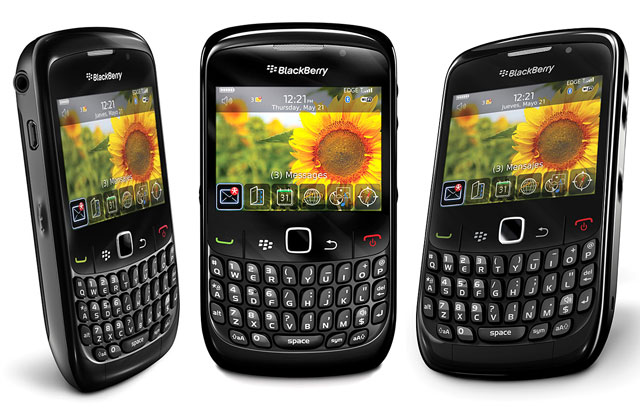 In the wake of another set of poor quarterly results tied to weak consumer demand for its new smartphones, BlackBerry on Monday announced that it was exploring “strategic options”, including the possibility of selling the business. But who would want to buy the company and why?
In the wake of another set of poor quarterly results tied to weak consumer demand for its new smartphones, BlackBerry on Monday announced that it was exploring “strategic options”, including the possibility of selling the business. But who would want to buy the company and why?
One argument is that BlackBerry could attract the attention of someone wanting simply to acquire mobile market share, perhaps a PC manufacturer looking to enter the mobile device business, or a smaller handset player trying to grow its influence. The obvious candidates are three Chinese companies: Lenovo, Huawei and ZTE.
Neither BlackBerry 10, the new operating system on which its building its attempted comeback, nor the devices running it have proved as popular as it had hoped, meaning its only obvious asset remains its loyal base in emerging markets such as India, Indonesia, South Africa and parts of South America. But even if someone were to buy BlackBerry for access to its user base, it’s far from clear how they’d take advantage of this, or how much longer this base is likely to stay loyal to the brand.
Even BlackBerry’s last unique selling proposition is under threat from operators that are disinclined to continue offering BlackBerry’s flat-rate data plans based on the BlackBerry Internet Service, or BIS. This has been the backbone of its older BlackBerry 7-powered devices, such as the Curve and the Bold, which are still its best-selling phones.
Simultaneously, Android device manufacturers such as Samsung continue to strengthen their position in emerging markets, eroding BlackBerry’s standing in the process. And with Nokia adding cheaper Windows-based smartphones to its arsenal, along with its entry-level Asha smartphones, one has to wonder if there’s really a need, let alone a demand, for BlackBerry 10 devices in these markets. BlackBerry’s already learnt the hard way there’s not much room at the top.
Perhaps the most concerning thing about BlackBerry’s announcement is that it suggests suitors haven’t exactly been queuing up to make offers.
There was a time when BlackBerrys were the default devices for business users. The company focused on creating handsets tailored for business, only to find years later, thanks in large part to the iPhone, that phones made for retail consumers would become the choice of executives.
To be fair, it wasn’t only BlackBerry that was caught flat-footed by the iPhone. Nokia and Microsoft have felt the market-shifting impact, too.
BlackBerry’s since made some sensible decisions, but on the whole these have come too late. It’s perhaps better to be late and fully baked, but BlackBerry 10 ought to have come out a year before it did.
Anyone buying BlackBerry will need to be able to implement a turnaround strategy rapidly and efficiently. But it’s tough to figure out who would want to take on the risk. Perhaps some sort of private equity deal that would take the business private has more chance.

BlackBerry’s largest shareholder, Fairfax Financial, could lead a delisting. It wouldn’t solve the company’s problems, but it would take away the pressure on management of quarterly reporting, allowing them time to engineer a sustainable long-term turnaround.
It’s hard, though, to be optimistic about a company that appears set to go the way of another former darling of the technology industry, Palm.
Once a pioneer and leader in the market for personal digital assistants — these portable computers were a precursor to modern smartphones — Palm also got itself into a world of trouble and, like BlackBerry, was pinning its turnaround on a new operating system, WebOS.
It didn’t make it. It was bought by Hewlett-Packard in 2010 for US$1,2bn. A little more than a year after the deal was sealed, HP pulled the plug. — (c) 2013 NewsCentral Media
- Craig Wilson is deputy editor at TechCentral. Engage with him on Twitter




